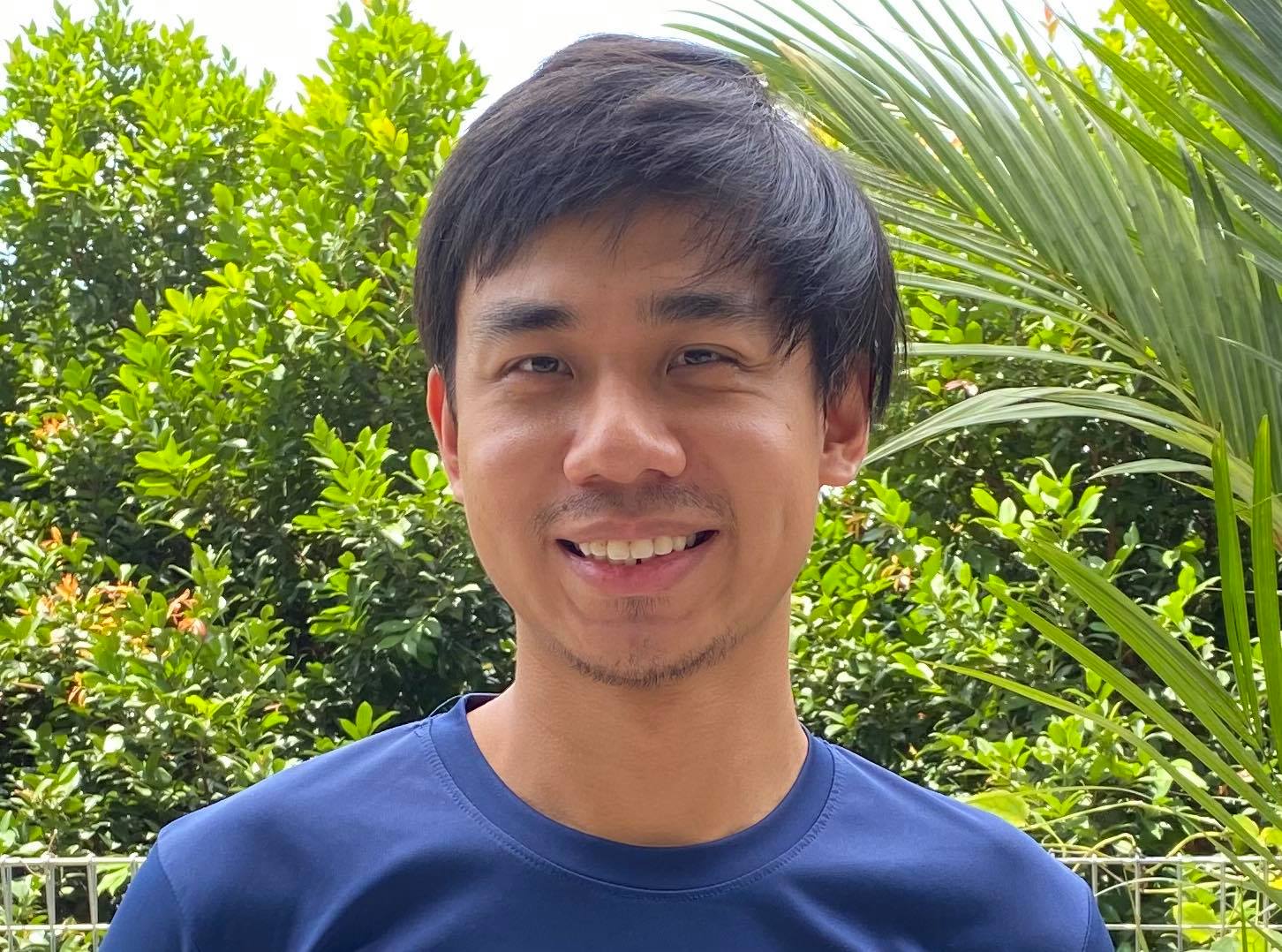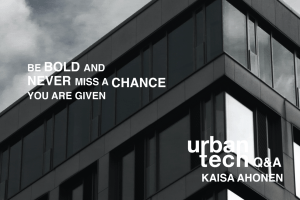A quick Q&A with Brian Lim, Country Manager for Rainmaking in Japan.
Brian operates the Startupbootcamp Scale Osaka program, focused on growing the Smart Cities & Living sector in Osaka. The program provides international scaleups with the opportunity to expand in Japan and to collaborate with corporate partners such as Hankyu Hanshin Properties Group, JR West Innovations, Dentsu, The Yomiuri Shimbun, SMBC, JT Group and Sakura Internet through the creation of Proofs-of-Concept and Pilot projects.
What do you think the cities of the future will look like?

Brian Lim
I believe that the cities of the future will evolve along two main themes – integration and inclusion.
Integration refers to the close-knit relationship behind how we eat, work, play, live and travel which fundamentally goes against the concept of cities being just an assortment of concrete buildings. I believe this relationship will grow stronger in the future. Especially when we introduce the concept of sustainable living. In Osaka, we have recognised this, which is why areas such as Circular Economy and SportsTech are key focus areas within our Startupbootcamp program this year.
Inclusion refers to the reduction of marginalised communities and individuals who may feel left out as technology continues advancing relentlessly. For cities of the future to provide their inhabitants with accessible solutions and services, both the public and the private sector need to come together and start thinking about how to best engage these individuals today. Startups play a massive role here as they continue to create innovative business models enabled by cutting-edge technology to ensure that more people can be reached and included at lower costs.
What 2-3 books / articles / podcasts would you recommend?
Podcast:
The Knowledge Project – Fantastic for understanding mental models from experts in their respective fields.
Articles:
JustPark Sharing Economy Index – We hear about startups and the funding they have raised all the time, but I thought this was a really good summary of the value propositions of various startups and put into context how we use some of their products and services in our lives.
Rainmaking SDG Compass – Fabulous piece of data visualisation from my colleagues at Rainmaking, which tracks startups across the globe solving the world’s biggest problems as outlined by the UN SDG goals.
Where’s the best place for new ideas?
I feel that the best place for new ideas is when you step out of your comfort zone and speak to someone who has a completely different background to yourself, or when you read about topics you never would have come across in your work daily. I have personally found this most useful in spotting patterns or connecting dots which I may not have seen if I stuck to what I am comfortable with.
Who inspires you?
Two people immediately come to mind:
Michelle Obama – Her journey as an individual and the immense role she played in her family and in Barack Obama’s presidency is really inspiring (I would highly recommend her memoir Becoming).
Tobias Lütke – Founder & CEO of Shopify for his entrepreneurial nature and his ability to always listen to his customers and put them first.
What are the skills we’ll need in 10 years?
The skill I believe everyone should start sharpening is systems thinking. Through taking a more holistic approach to problem solving and moving beyond analysis of data points to synthesis of problems, we are better able to predict the consequences of the actions we take and understand how various parts of a large system are connected. The Covid-19 pandemic has highlighted the gap in our ability to do so. For instance, some governments resorted to shutting down certain parts of the economy to reduce cases, but by doing so, led to a shortage of essential goods and services required to combat the pandemic.
In the context of the cities of the future, every action and initiative undertaken through public policy or by a private organisation have a similar effect on the community. We need to get better at being able to understand the ramifications of our actions on the environment and on the people who live and work in those cities.
I would argue we need some of these skills now, but in 10 years, they will become vitally important as the problems we face become even more interconnected.
What advice would you give to your younger self?
Do not be afraid to try new things.
Seek help from mentors and people who have “been there and done that”.
Slow down and always take some time to reflect.
What is your call to action?
Our Startupbootcamp Scale Osaka program is open for applications now!
If you are a startup founder or know a startup founder in the Smart Cities space who might be interested in expanding to Japan / Asia, please apply or send me a message on LinkedIn. I would be happy to share more details.
___________________
Connect with Brian on LinkedIn




